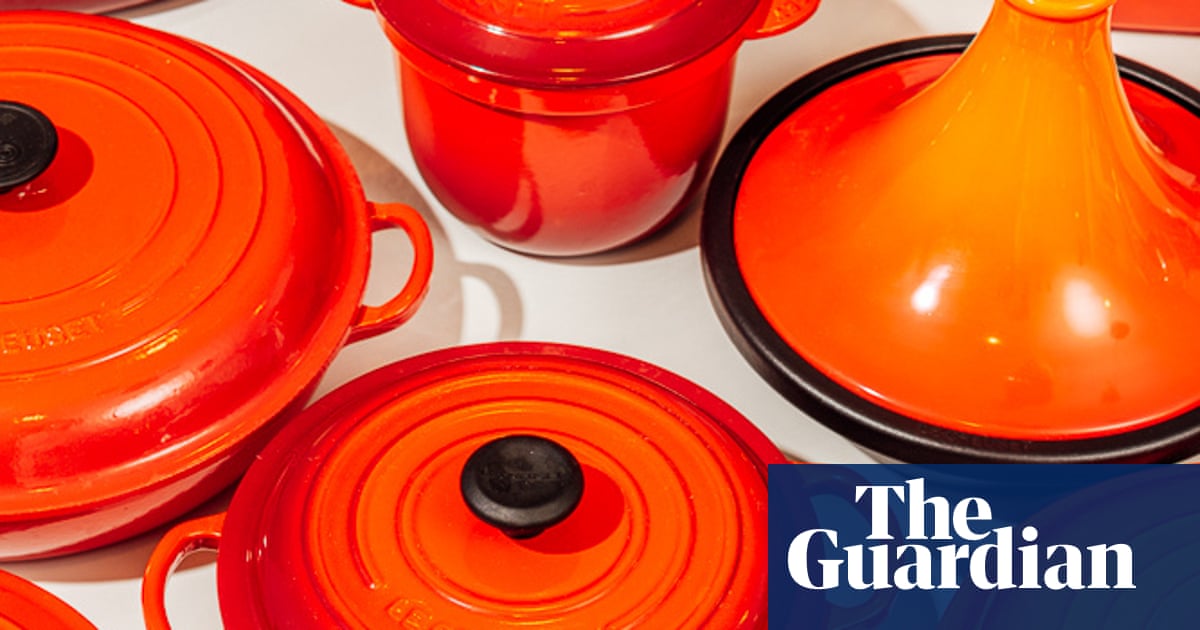A former criminology lecturer who calls herself the “UK’s poshest thief” has been fined for stealing more than £1,000-worth of Le Creuset cookware, steaks, wine and gin.
Pauline Al Said and her husband, Mark Wheatcroft, have been fined £2,500 between them after the thefts from a garden centre and a branch of Marks & Spencer.
Sentencing the couple, the judge, Keith Cutler, said shoplifters walking out of supermarkets with “full trolley loads” was becoming more common and the public were calling for “appropriate” sentences. He imposed the financial penalty after concluding Al Said would not comply with community service.
The 35-year-old former senior criminology lecturer at Bath Spa University calls herself the “UK’s poshest thief” on her X account. She was found guilty of two counts of theft and Wheatcroft was convicted of one count of theft and one assault.
Representing themselves, the couple, from Southsea in Hampshire, told Portsmouth crown court their actions were on the “lower end”.
A jury heard that the first theft took place at Old Barn garden centre in Horsham, West Sussex. Laura Duff, prosecuting, said John Dunkling, a security officer, saw Al Said walking toward the shop’s exit with two bags without paying.
On her way out, Al Said was stopped by another member of staff. One of her bags contained spirits including gin and spiced rum. The second bag contained more alcohol, Le Creuset cookware and a Le Creuset condiment set.
The couple were asked to go back into the store and Wheatcroft threatened to punch Dunkling, the court heard. He then “made contact” with the Dunkling’s back.
Al Said used a security tag remover to snip off and discard tags around the store, the court heard.
Sign up toFirst Edition
Our morning email breaks down the key stories of the day, telling you what’s happening and why it matters
after newsletter promotion
The second incident took place at a Marks & Spencer store in Winchester when an undercover security professional spotted Al Said loading meat into a trolley. She had more than 30 steaks and nine bottles of wine.
Al Said was fined £750 for each theft offence and Wheatcroft was ordered to pay £750 for the charge of shoplifting and £250 for the assault.
